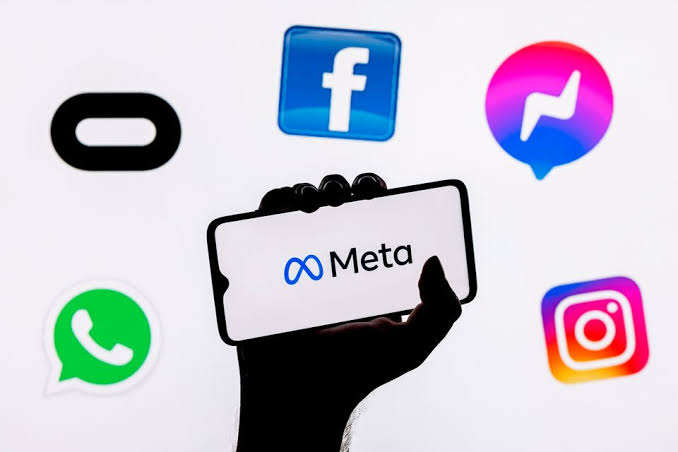Facebook wants users to know that it’s not the only one tracking their every move on the internet.
The social media giant pointed a finger at Google, Amazon, Twitter and other platforms for using many of the same data collection practices that some privacy advocates are referring to as invasive.
In a blog post published Monday, the firm described in depth all the ways it gathers information on you around the web — even if you’re not a Facebook member or are logged out of your account.
Facebook has been feeling the heat ever since it was revealed last month that more than 87 million users’ data had been unknowingly shared with research firm Cambridge Analytica
Facebook has been feeling the heat ever since it was revealed last month that more than 87 million users’ data had been harvested without their knowledge.
Now, Facebook wants to make it clear that it’s not the only platform collecting data on its users as they browse other websites.
‘Twitter, Pinterest and LinkedIn all have similar Like and Share buttons to help people share things on their services,’ David Baser, Facebook’s product management director, wrote in a blog post.
‘Google has a popular analytics service. And Amazon, Google and Twitter all offer login features’
‘These companies — and many others — also offer advertising services. In fact, most websites and apps send the same information to multiple companies each time you visit them,’ Baser added.
Facebook CEO Mark Zuckerberg appeared on Capitol Hill last week for a pair of high stakes hearings on the firm’s ongoing privacy scandal.
Facebook recently introduced new ‘privacy shortcuts’ at the top of the news feed in order to make it easier for users to limit what data is collected by third-party apps and advertisers
He noted that Google collects similar information from users when they visit other websites, such as IP addresses and cookies, as well as data on your internet browser and operating system.
‘When you see a YouTube video on a site that’s not YouTube, it tells your browser to request the video from YouTube. YouTube then sends it to you,’ Baser said.
In recent weeks, Google has also been in focus as it’s been revealed that the firm often tracks every website you click on, your location, as well as every file you’ve uploaded to Google Drive — even if they’ve been deleted.
Facebook and other firms have defended these practices by saying it helps them show users more relevant ads.
This isn’t pure altruism, however, because if a user clicks on Facebook ads more often, brands are likely to buy more ads to run on the site.




